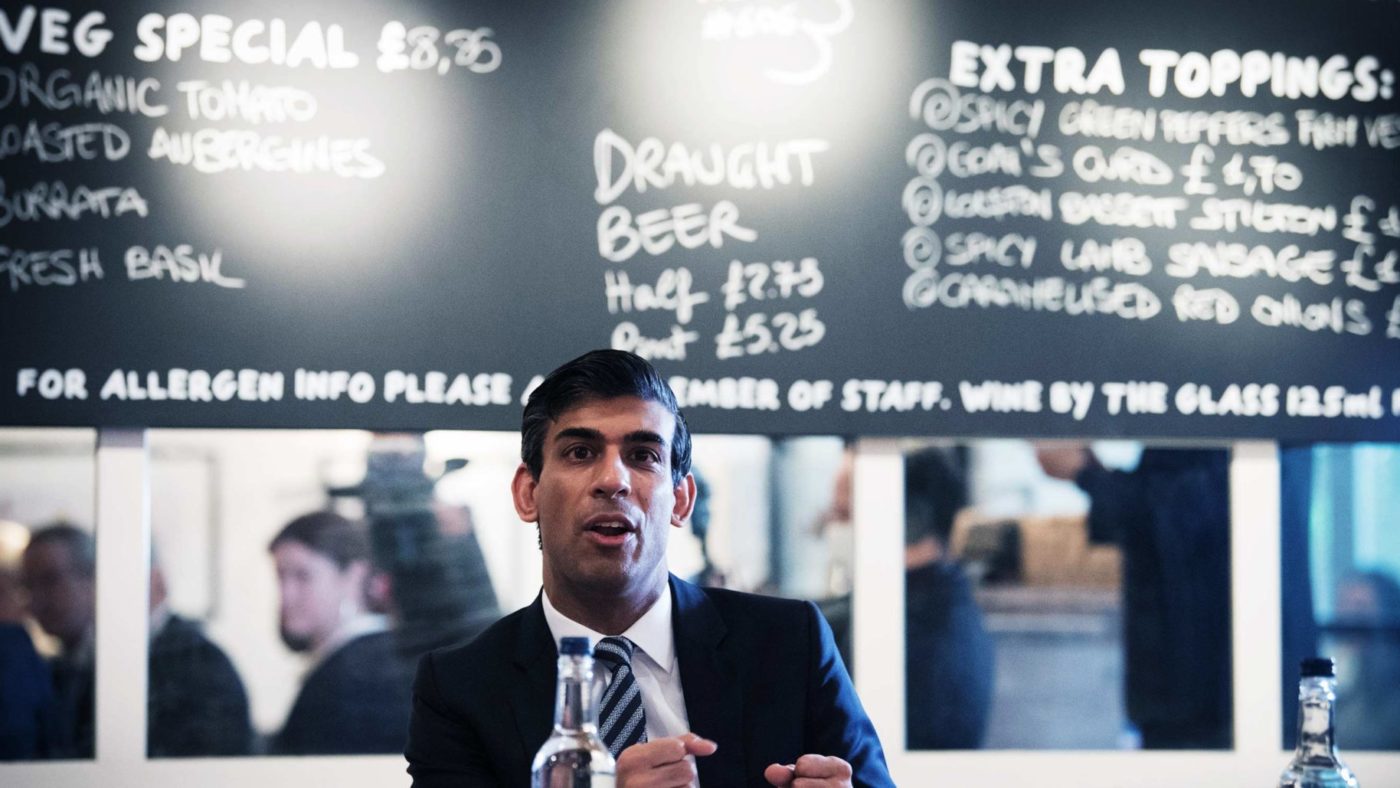In anyone’s book, Rishi Sunak had an unenviable task with this week’s Spending Review. Here was a Chancellor facing some truly dire economic numbers, but with little choice than to keep splashing the cash.
That contradiction made for a tonally disjointed statement, with Sunak warning that ‘our economic emergency has only just begun’ while announcing a smorgasbord of state spending. The economy has shrunk and borrowing has ballooned to £394bn this year, yet departmental spending will carry on rising in the years to come. There is no money, came the cry, but by God are we going to spend it all.
We shouldn’t get too carried away with doom and gloom. Before he even got up, the grim forecasts that underpinned Sunak’s statement had been replaced by fresh, more positive scenarios based on a quicker vaccine roll-out. And though the national debt looks excruciatingly high, low interest rates mean the cost of servicing it remains relatively modest. Much of that debt is also long-term and therefore less vulnerable to changes in the interest rate. When rates do go up, it will likely be because of a welcome uptick in economic activity, which will offset higher interest payments.
Yet if free marketeers are feeling downbeat, it’s not just because of the daunting fiscal picture, but the direction of travel we appear to be on.
Spending cuts and fiscal responsibility are not so much out of fashion as unthinkable. The howls of outrage that greeted even limited cuts to public sector pay and the aid budget underscored that. Likewise, spending rises to deal with the virus, such as the £20 a week increase in Universal Credit, will be difficult to pare back once the economy is (hopefully) in better shape.
Equally concerning is the prevailing sense that those in government think the best way to help less affluent areas is not by encouraging private sector growth – by cutting the cost of employment, say – but by lavishing more and more taxpayers’ money on various funds and projects. What we do hear about the tax system seems less to do with pro-growth reform than picking which taxes to raise to plug a fiscal hole – even though no one has any real idea how large that hole will be.
Meanwhile the ‘green shoots’ of economic liberalism I mentioned in a previous briefing show worrying signs of being trampled, particularly with murmurings of a big Tory rebellion over Robert Jenrick’s vital planning reforms, complete with the usual ‘we do want more homes, just not here’ arguments.
If this all sounds a bit Scroogely heading into Advent, then remember that this was just a one-year Spending Review, not a full Budget. Perhaps Sunak was rolling the pitch with pessimism now to make things seem doubly rosy come spring, when vaccines should be well into their rollout and the economy spluttering back into some semblance of normality.
The Tories may also be indulging in some political ‘crowding out’, positioning themselves as big spenders to force Labour ever further towards the left-wing terrain that has traditionally spelled electoral ruin for the party. The problem with that, of course, is that you still have to do all the big spending – and if this year has shown anything, it’s that the British state is not always the greatest steward of taxpayers’ money.
Click here to subscribe to our daily briefing – the best pieces from CapX and across the web.
CapX depends on the generosity of its readers. If you value what we do, please consider making a donation.


